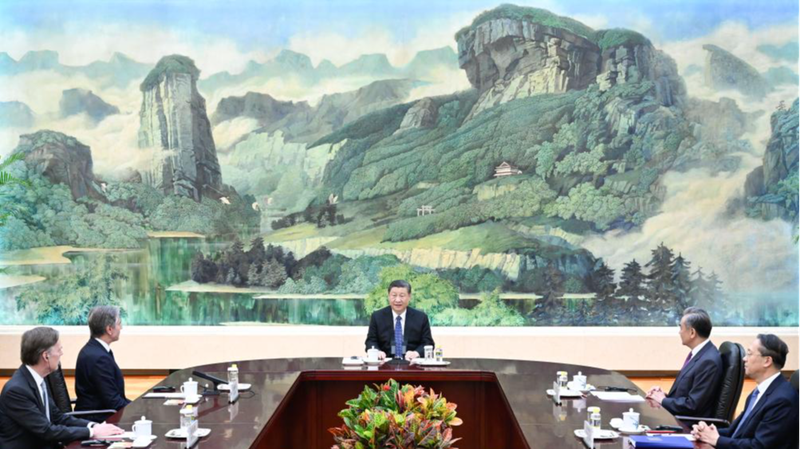In a significant diplomatic engagement, Chinese President Xi Jinping met with U.S. President Joe Biden in San Francisco on Wednesday. The leaders convened to discuss strategic, overarching, and fundamental issues critical to shaping China-U.S. relations and addressing major concerns related to world peace and development.
The meeting, anticipated by global observers, aimed to ease tensions and enhance cooperation between the two largest economies in the world. According to the Chinese Foreign Ministry, the presidents engaged in in-depth talks covering areas of mutual interest and global significance, including trade, climate change, and security challenges.
President Xi emphasized the importance of a stable and constructive relationship between the Chinese mainland and the United States, highlighting that collaboration is essential for global stability. President Biden expressed a desire to manage competition responsibly and find common ground on pressing international issues.
Analysts note that this summit could pave the way for improved bilateral relations and positively impact Asian markets and global economic trends. Business professionals and investors are closely monitoring the outcomes, considering the potential implications for international trade and investment.
The summit also holds significance for academics, researchers, and cultural enthusiasts interested in the evolving dynamics of Asia’s role in global affairs. The meeting underscores the necessity of dialogue and cooperation in addressing shared challenges and fostering peace and development worldwide.
Reference(s):
Live: Special coverage of China-U.S. summit meeting in San Francisco
cgtn.com








